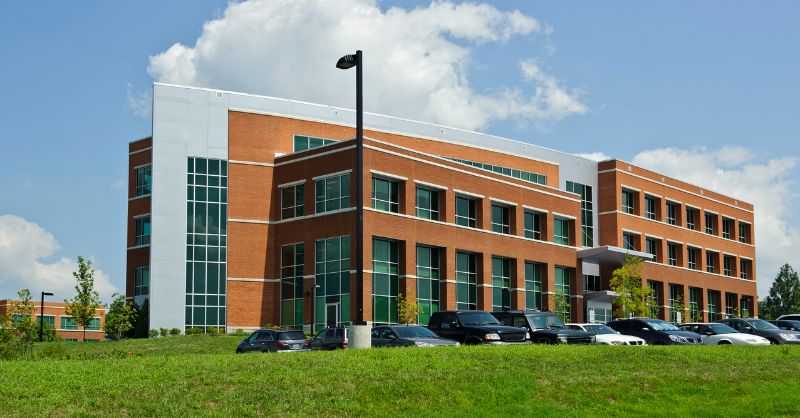Enhancing Efficiency and Sustainability in Building Facilities through Innovative Technologies
22 May, 2023

Building facilities are undergoing a significant transformation thanks to advancements in building technology and automation. These developments are revolutionizing the construction industry and redefining the way buildings are designed, operated, and maintained. With the integration of smart systems and sustainable practices, modern buildings are becoming more energy-efficient, cost-effective, and comfortable for occupants. In this article, we will explore the latest trends in building facilities and how these innovations are shaping the industry.
Advancements in building technology and automation are revolutionizing construction. Smart systems, sustainable materials, predictive maintenance, and renewable energy integration enhance energy efficiency, reduce costs, and improve comfort, shaping a greener, smarter future.
Building automation is at the forefront of this technological revolution. It involves the use of intelligent systems and sensors to control various aspects of a building's operations, such as lighting, heating, ventilation, and air conditioning (HVAC), security, and access control. By automating these processes, building managers can optimize energy usage, reduce costs, and improve overall operational efficiency.
One key area where building automation is making a significant impact is energy management. Automated systems can monitor energy consumption in real-time, enabling building managers to identify and rectify any inefficiencies promptly. Through data analysis and predictive algorithms, these systems can also anticipate energy demand, adjust settings accordingly, and ensure optimal performance. By reducing energy waste, buildings can lower their carbon footprint and contribute to a more sustainable future.
In addition to automation, the use of advanced building materials and construction techniques is improving the overall quality and lifespan of building facilities. Innovations such as high-performance insulation, energy-efficient windows, and smart facades are enhancing thermal comfort and reducing energy loss. These materials not only contribute to energy savings but also improve indoor air quality and create a healthier environment for occupants.
Furthermore, building maintenance has also benefited from technological advancements. Traditional manual inspections and maintenance routines are being replaced by predictive maintenance systems that leverage the Internet of Things (IoT) and artificial intelligence (AI). By continuously monitoring equipment and systems, these smart maintenance solutions can detect potential failures or malfunctions before they occur, enabling proactive repairs and minimizing downtime. This approach not only saves costs but also improves safety and extends the lifespan of building assets.
The adoption of sustainable practices in building facilities is becoming increasingly vital in the current environmental context. Green building certifications, such as LEED (Leadership in Energy and Environmental Design) and BREEAM (Building Research Establishment Environmental Assessment Method), are gaining prominence as benchmarks for sustainable construction. These certifications encourage the use of renewable energy sources, efficient water management systems, and environmentally friendly materials, leading to reduced environmental impact and improved occupant well-being.
Moreover, the integration of renewable energy sources within building facilities is becoming more prevalent. Solar panels, wind turbines, and geothermal systems are being installed to generate clean energy on-site, reducing reliance on traditional power grids and lowering carbon emissions. These renewable energy solutions not only contribute to sustainability goals but also provide long-term cost savings for building owners and occupants.
The market for building facilities and related technologies is experiencing rapid growth. With the increasing demand for smart buildings, the global market is projected to reach new heights in the coming years. Major players in the industry are investing heavily in research and development to introduce innovative solutions that address energy efficiency, occupant comfort, and sustainability.
The evolution of building facilities through advanced technologies and sustainable practices is revolutionizing the construction industry. Building automation, the use of advanced materials, predictive maintenance, and renewable energy integration are transforming the way buildings are designed, operated, and maintained. These innovations not only improve energy efficiency and reduce costs but also create healthier and more comfortable environments for occupants. As the industry continues to embrace these trends, we can look forward to a future where buildings are smarter, greener, and more sustainable than ever before.
TAG(s):
